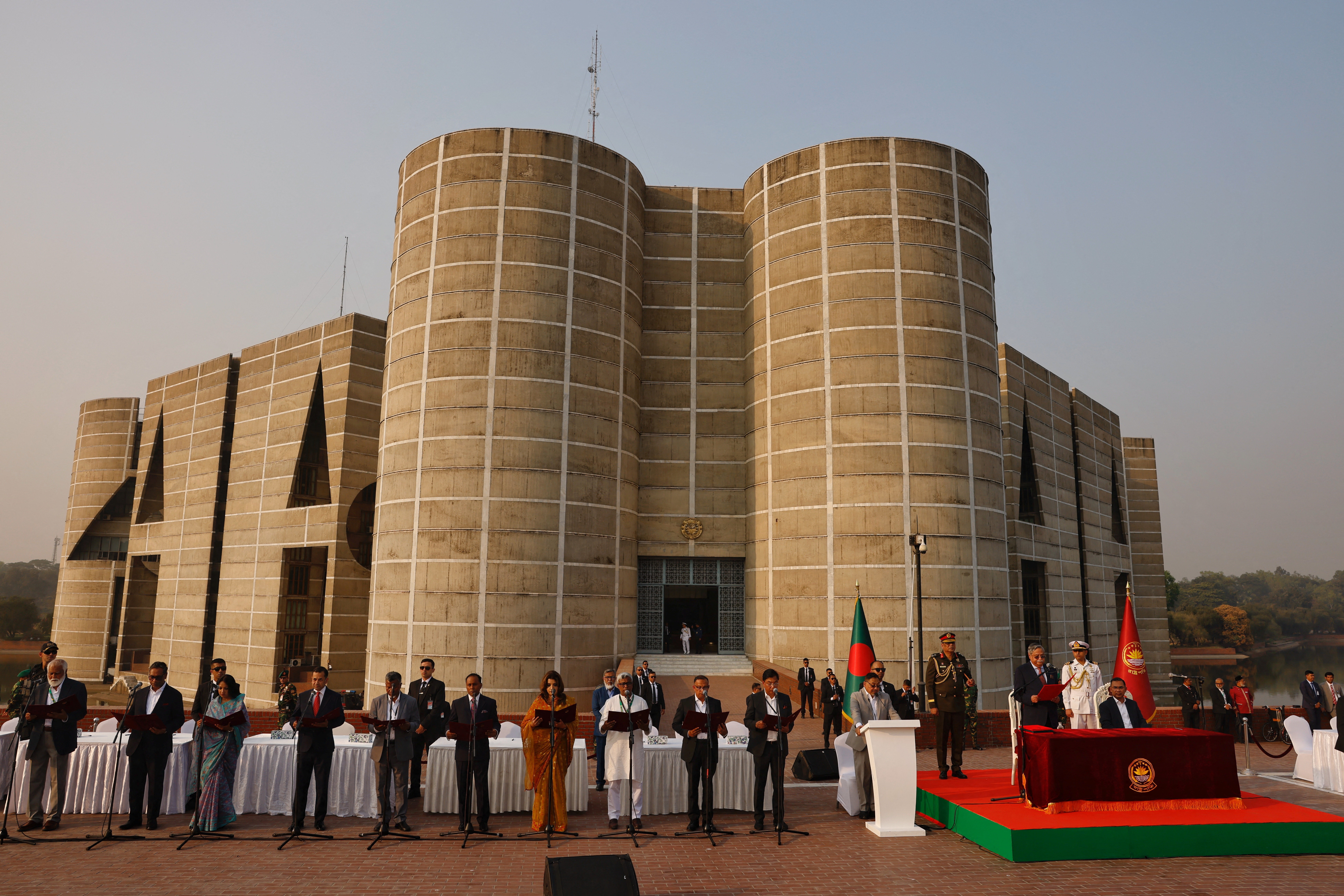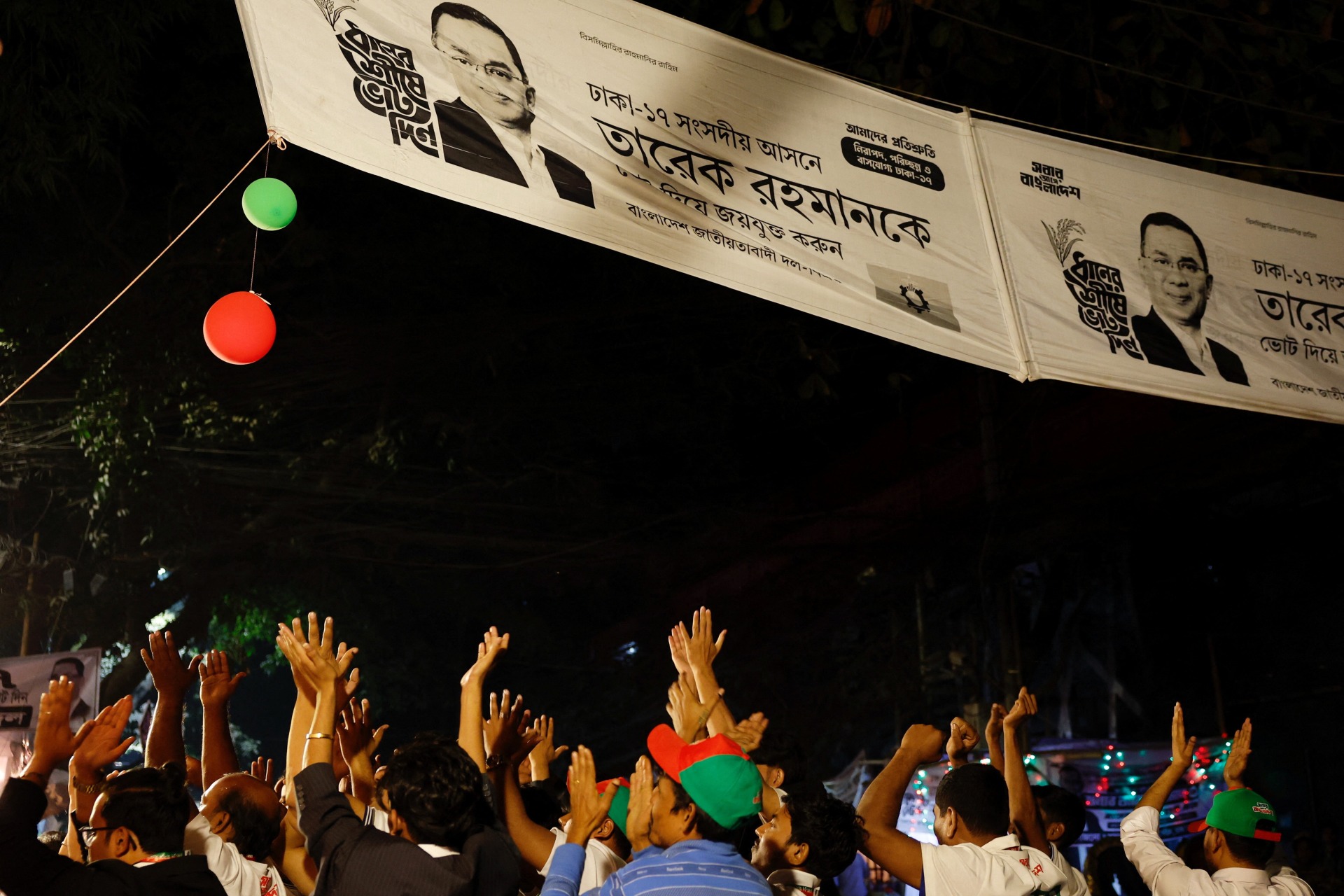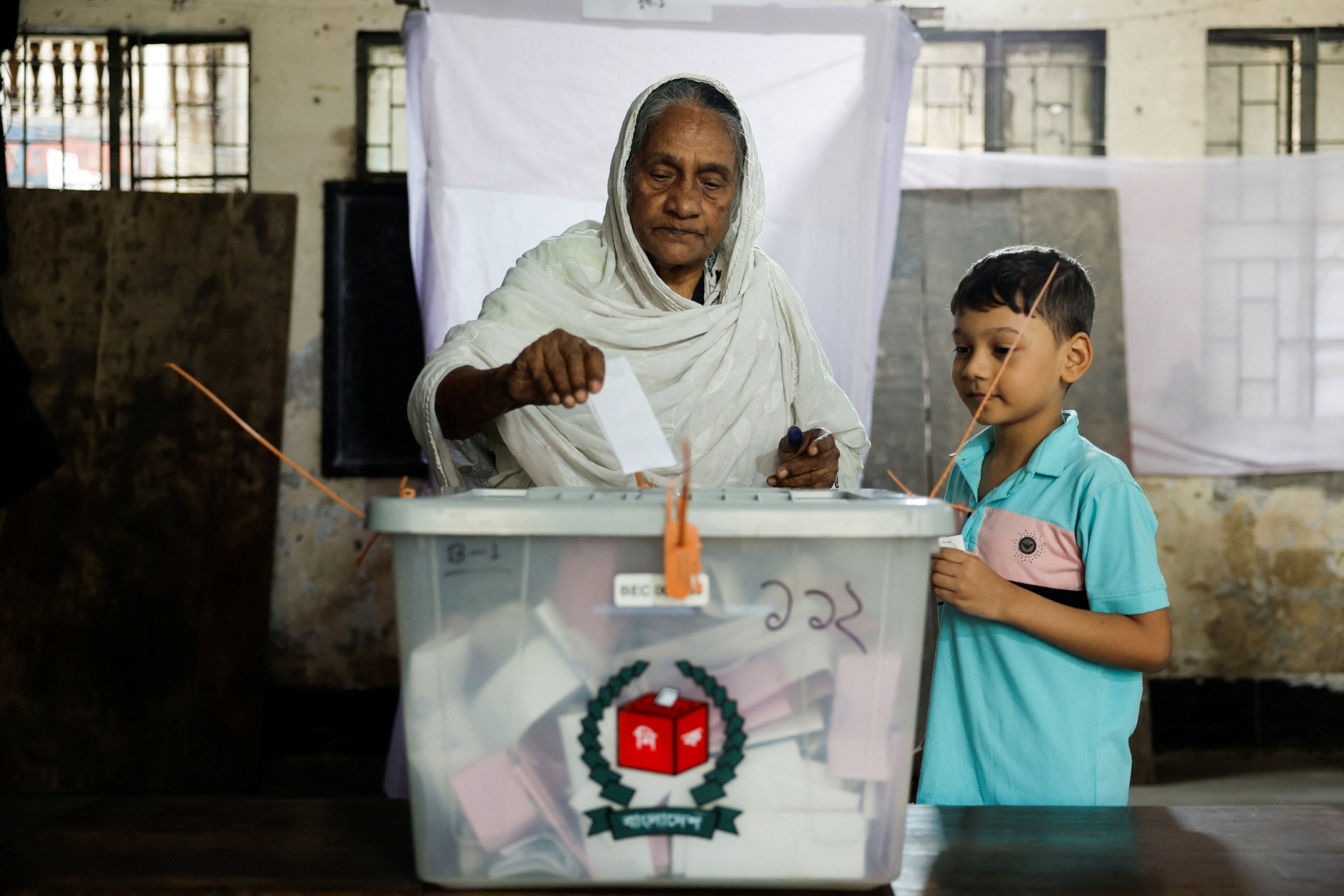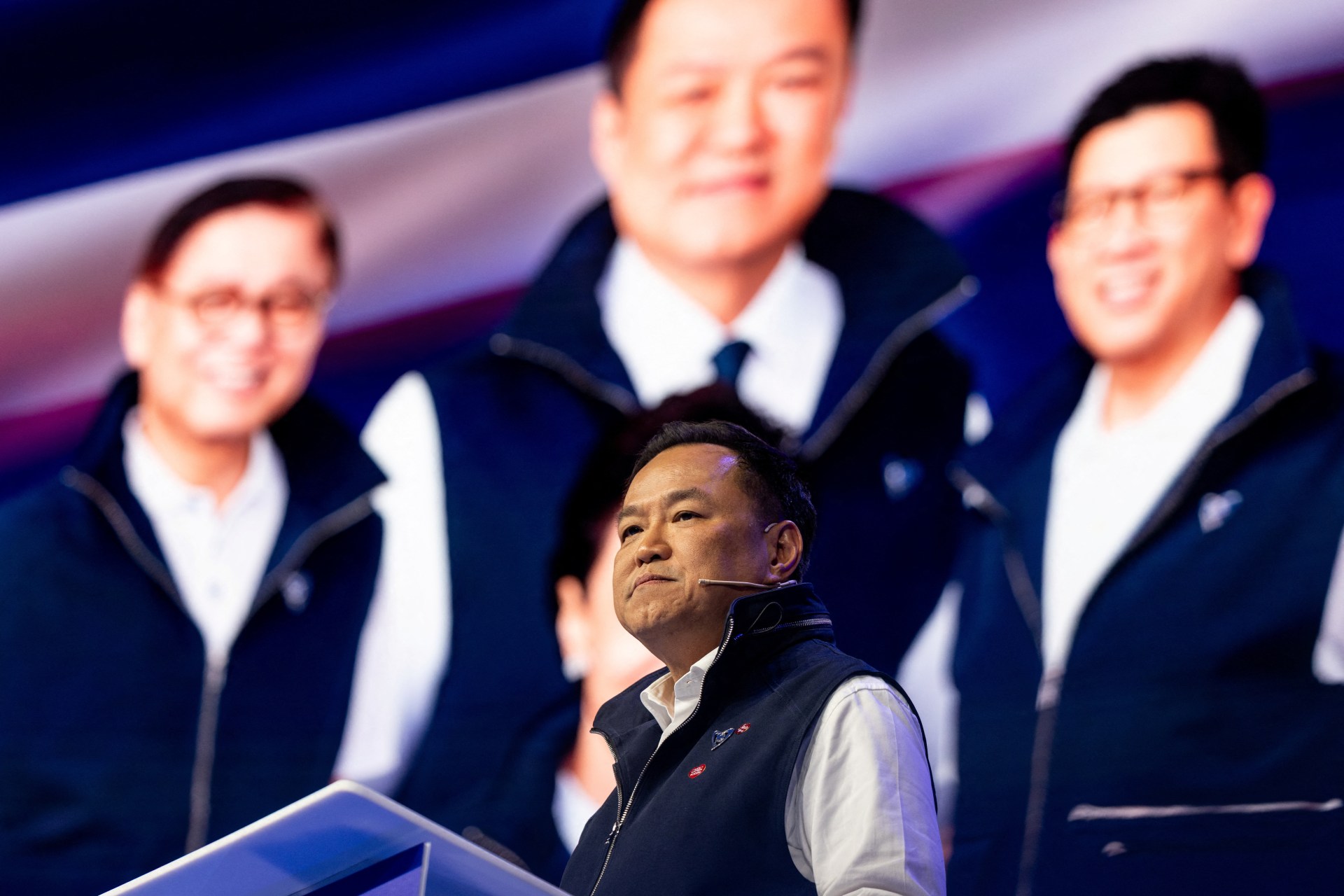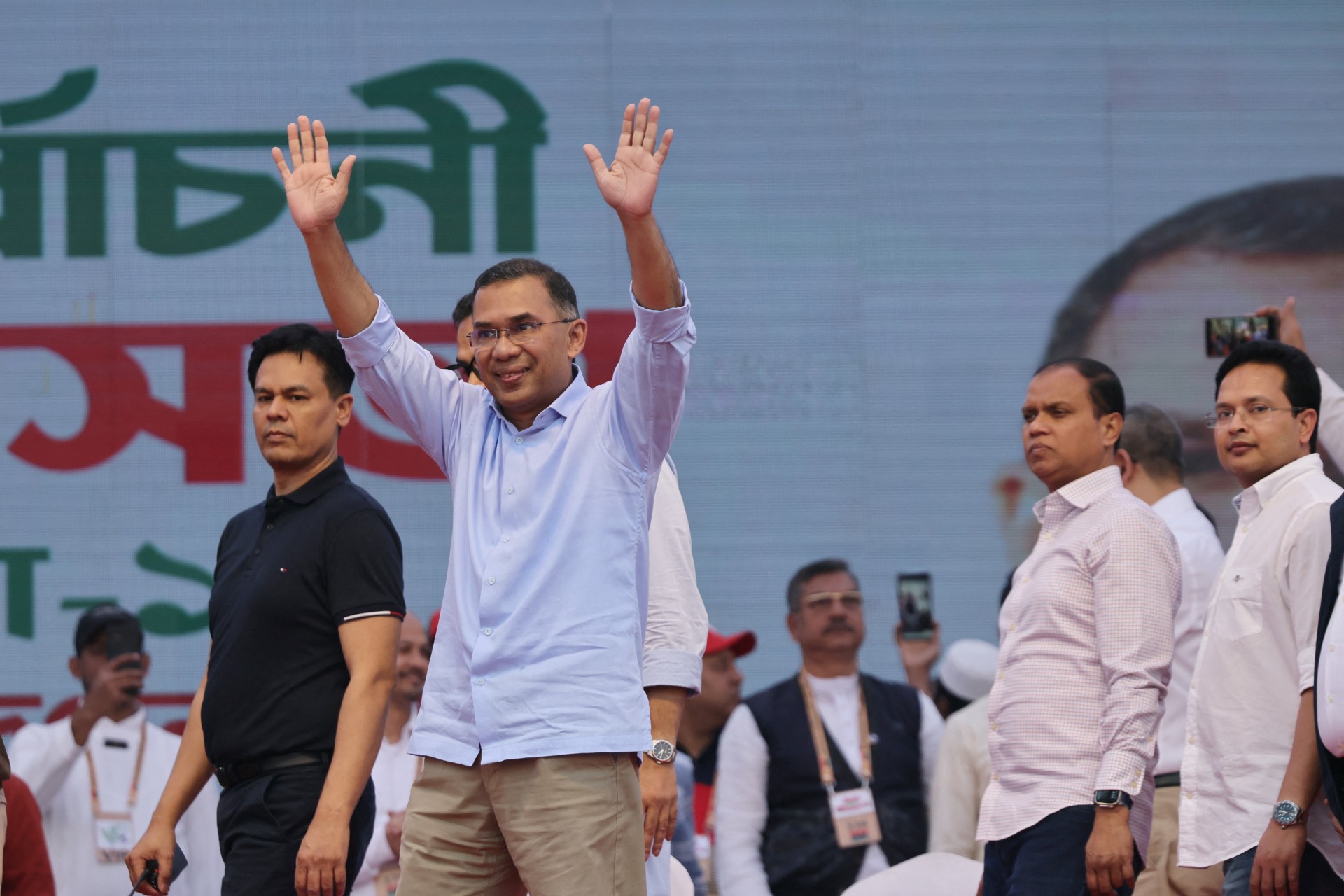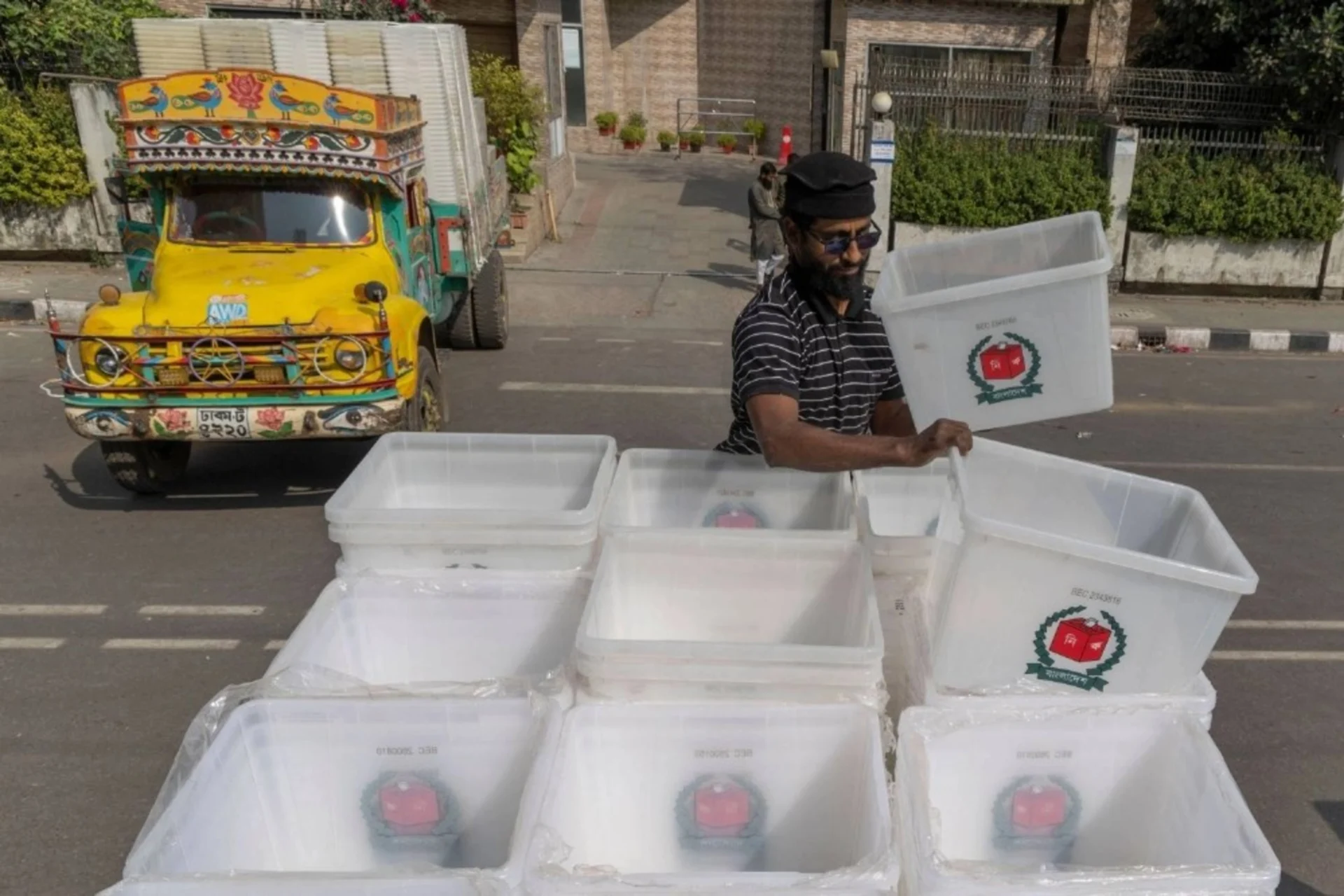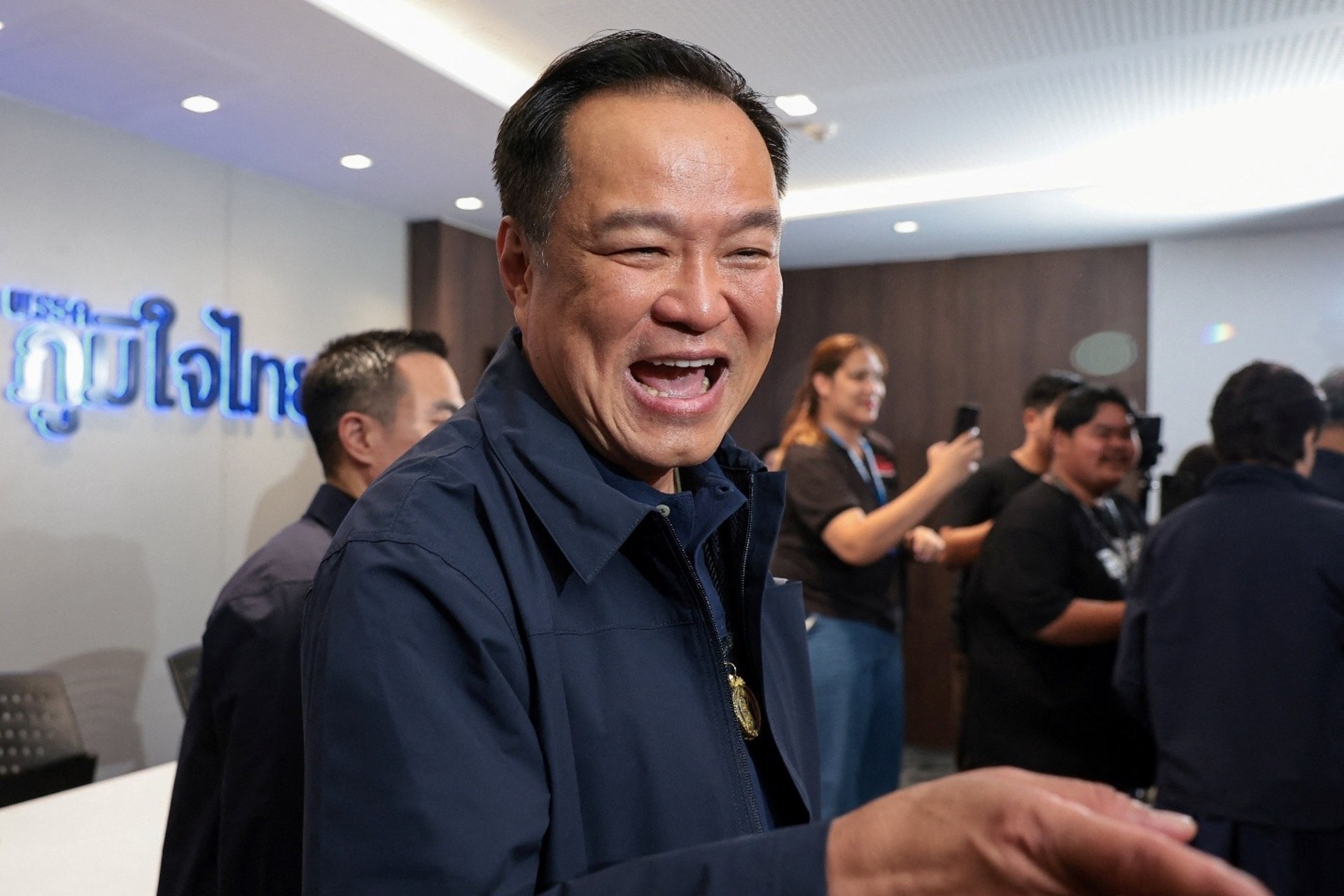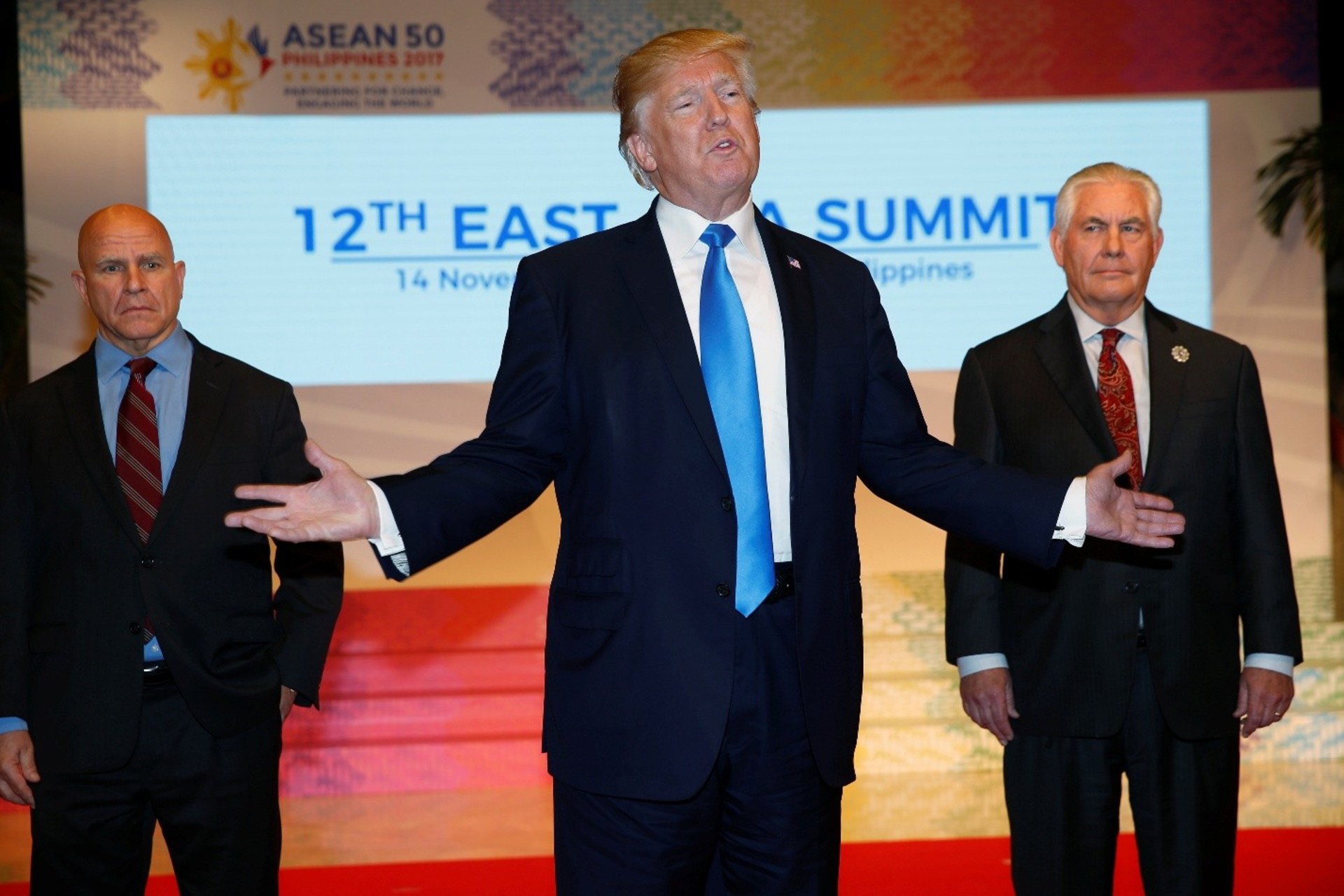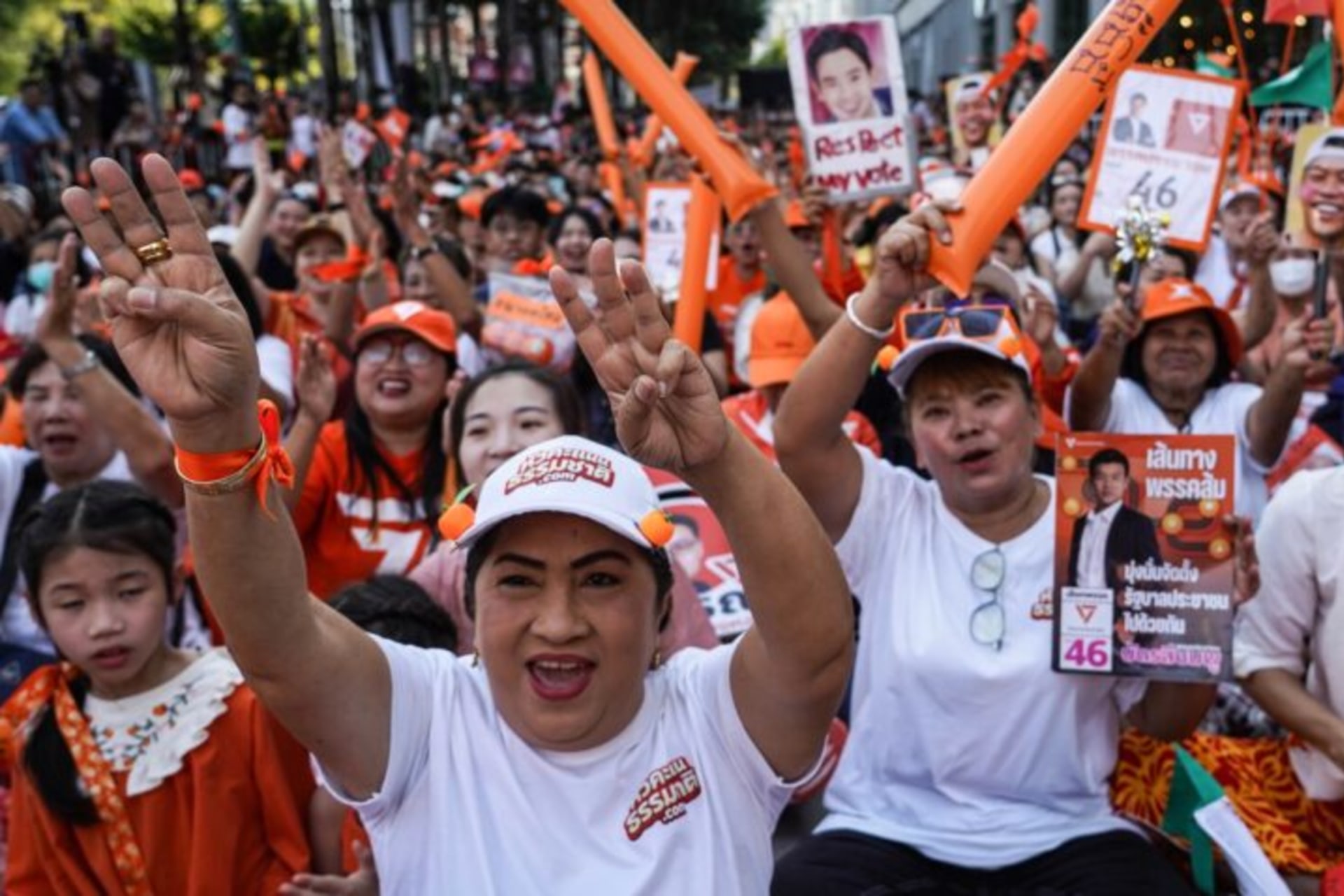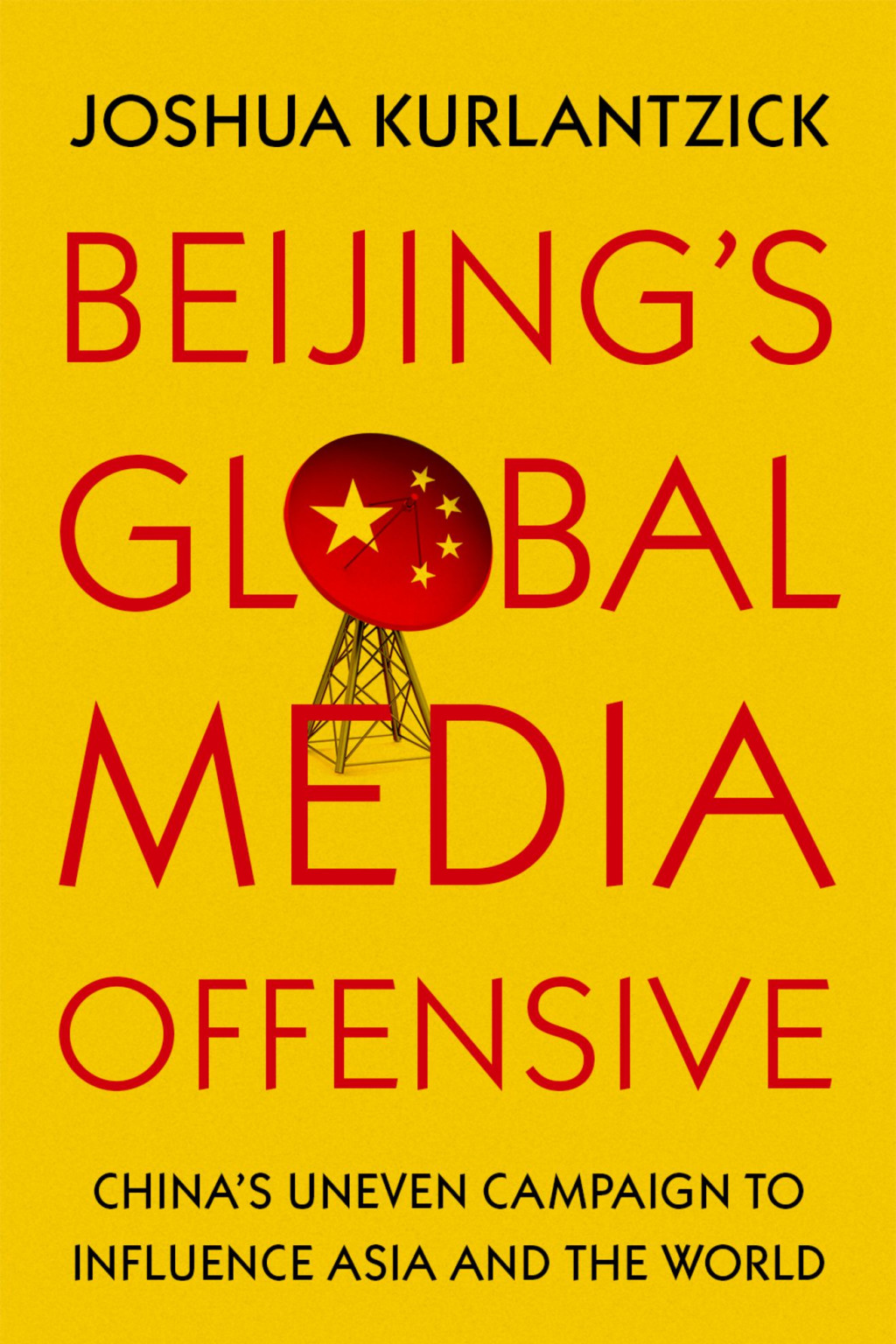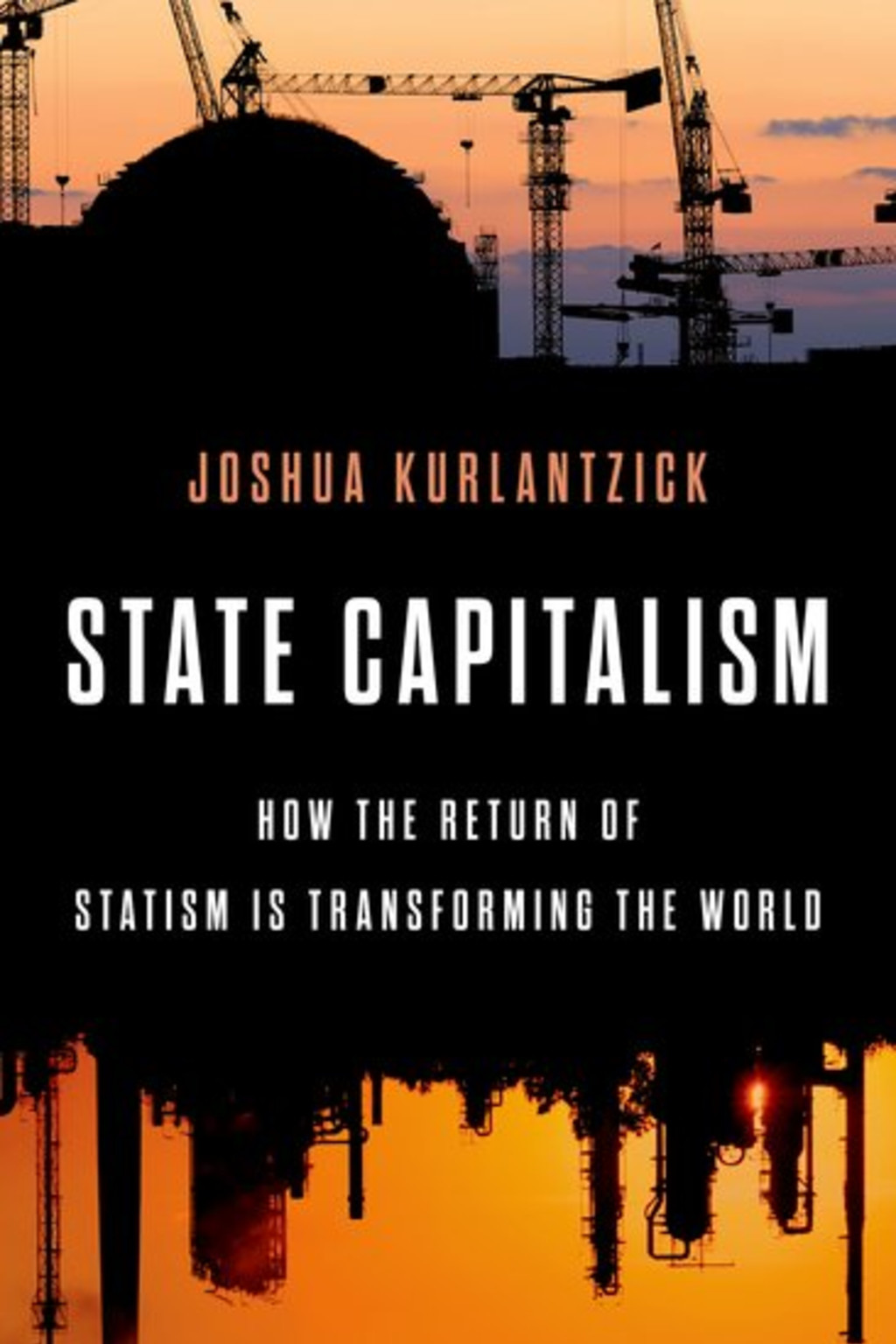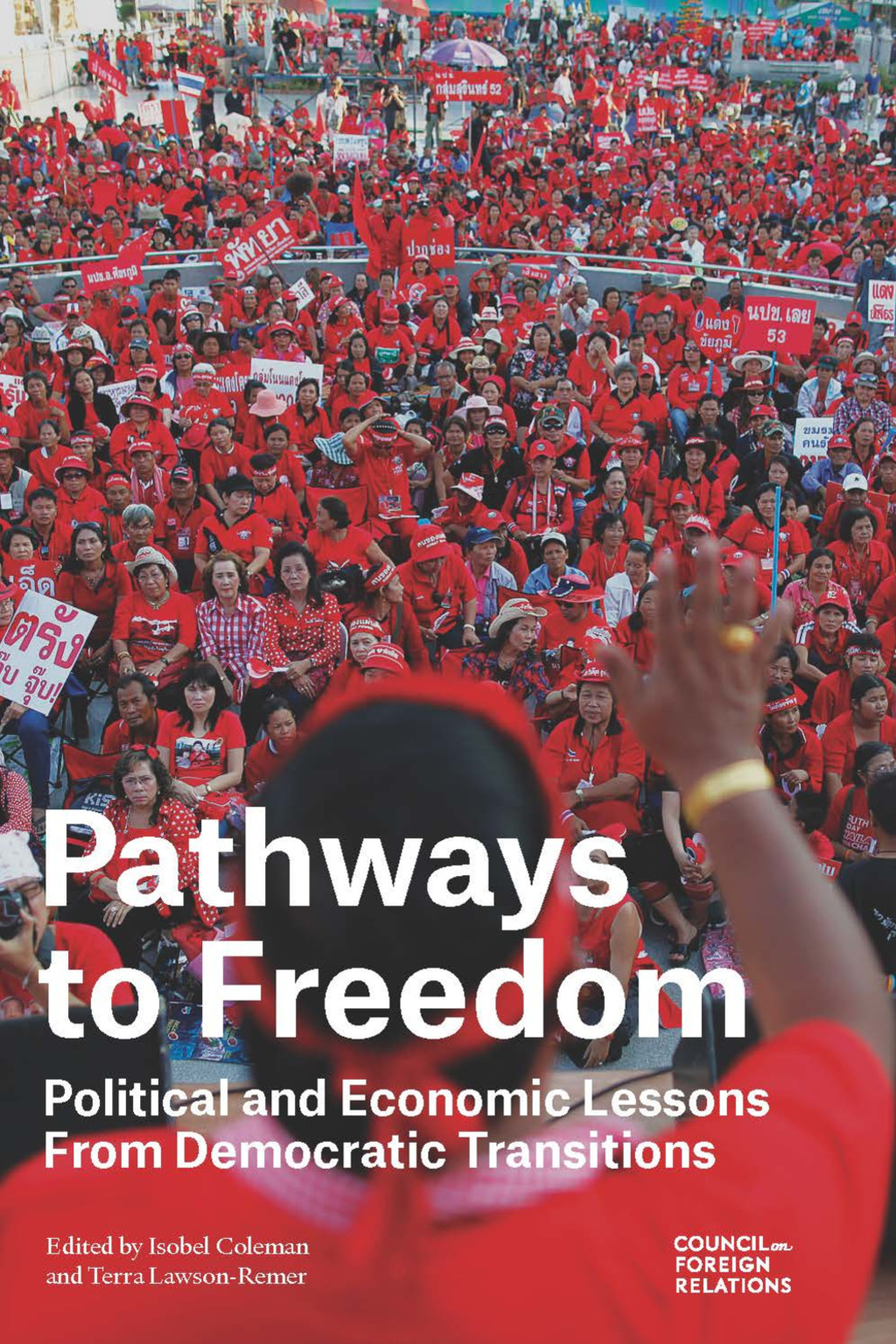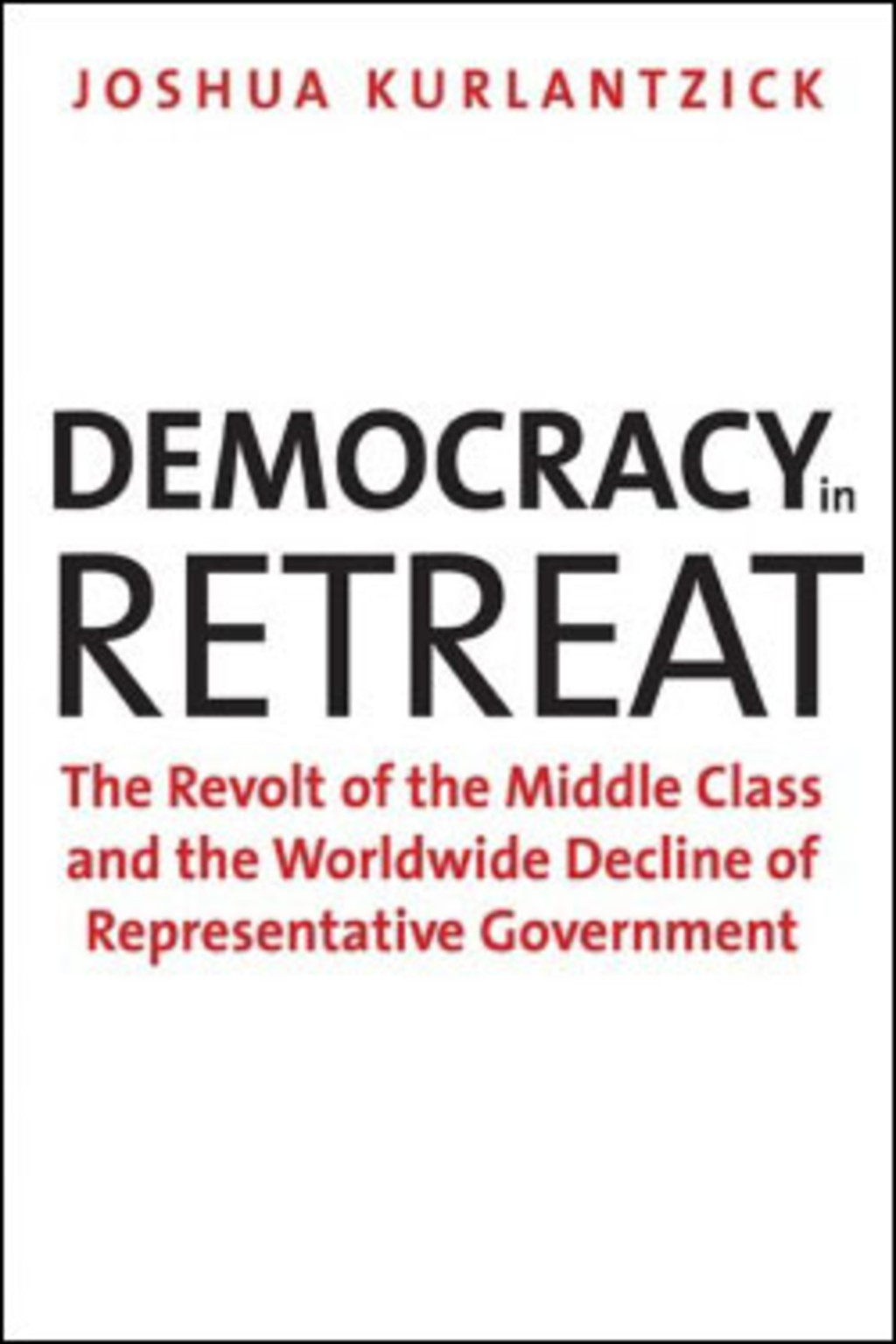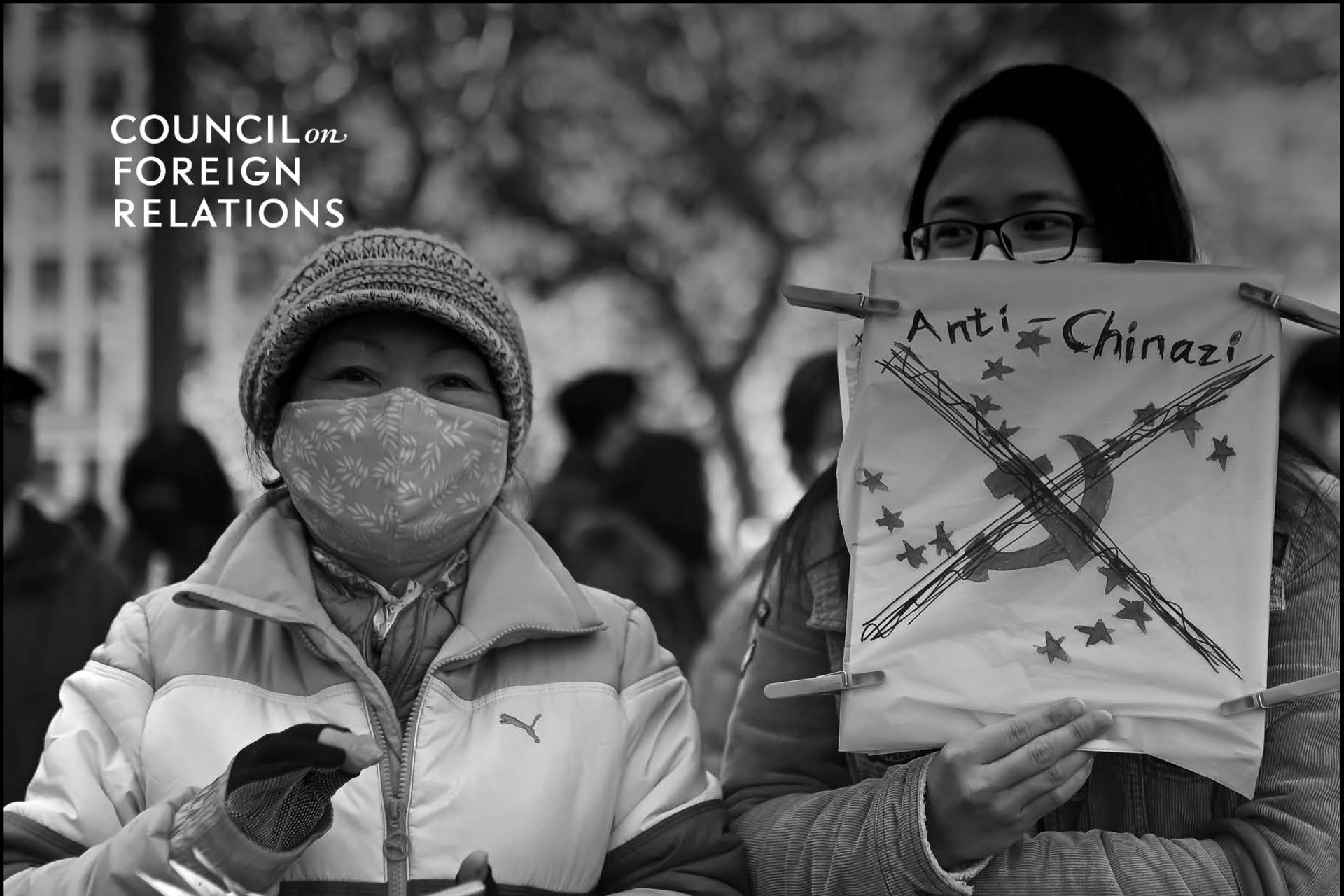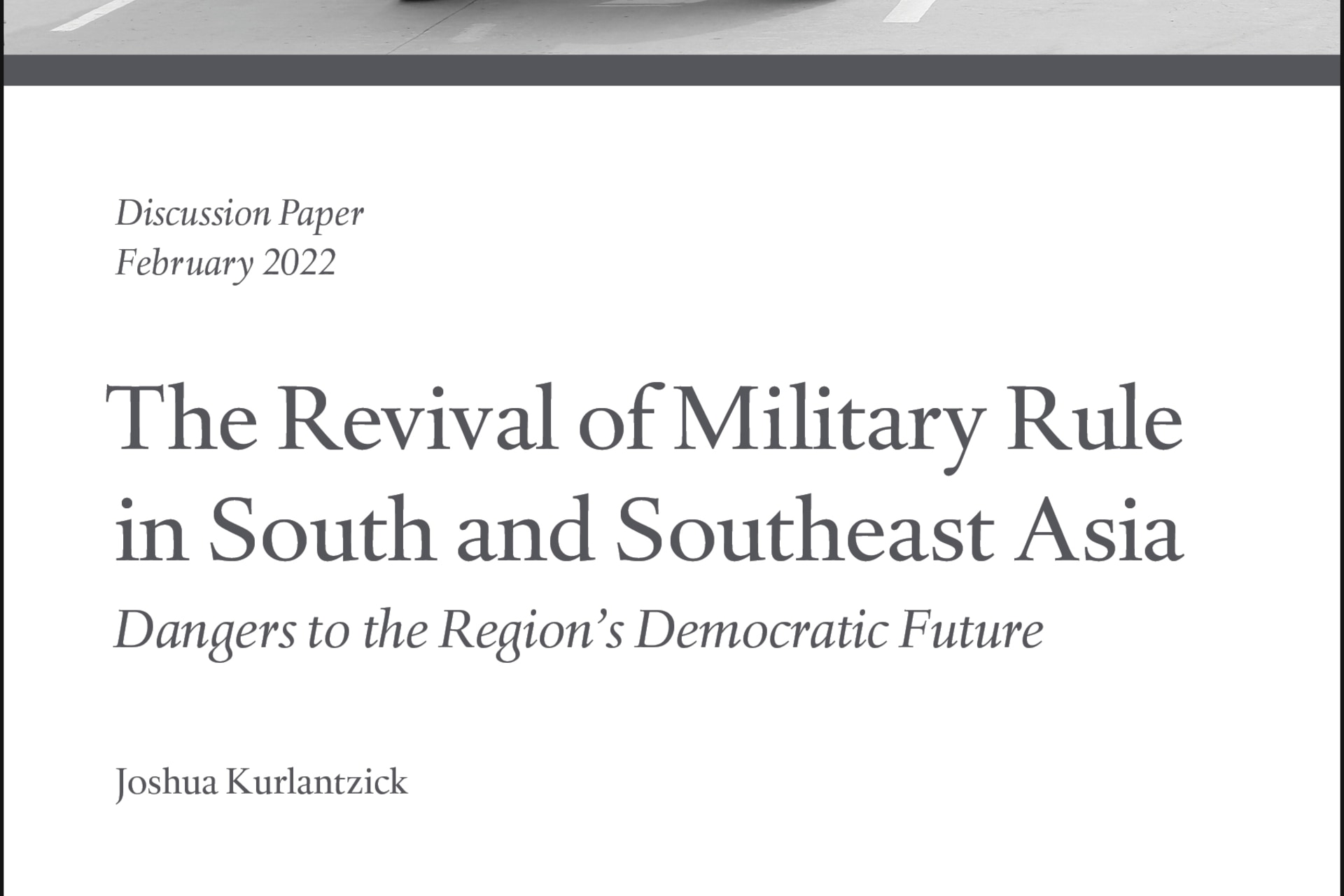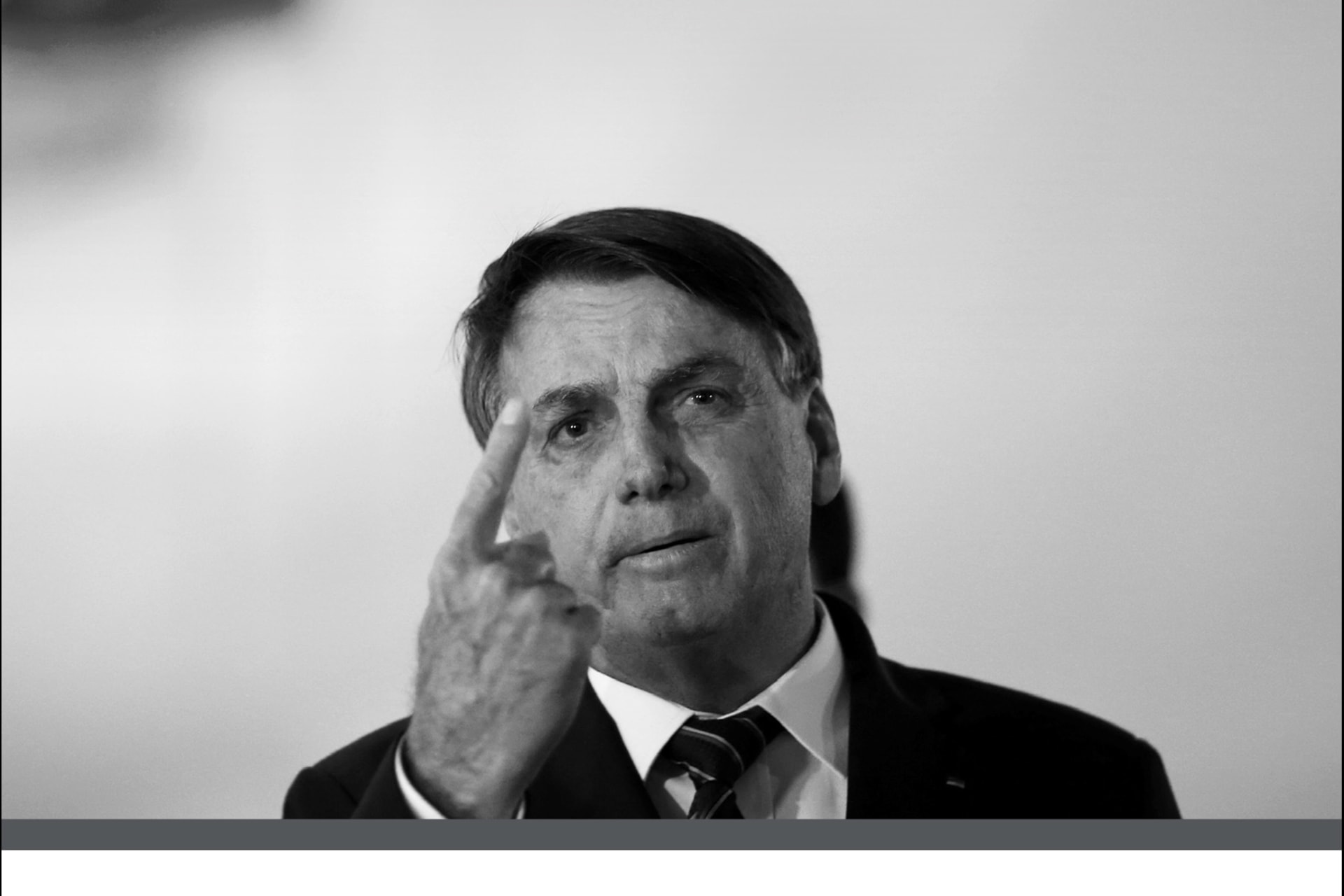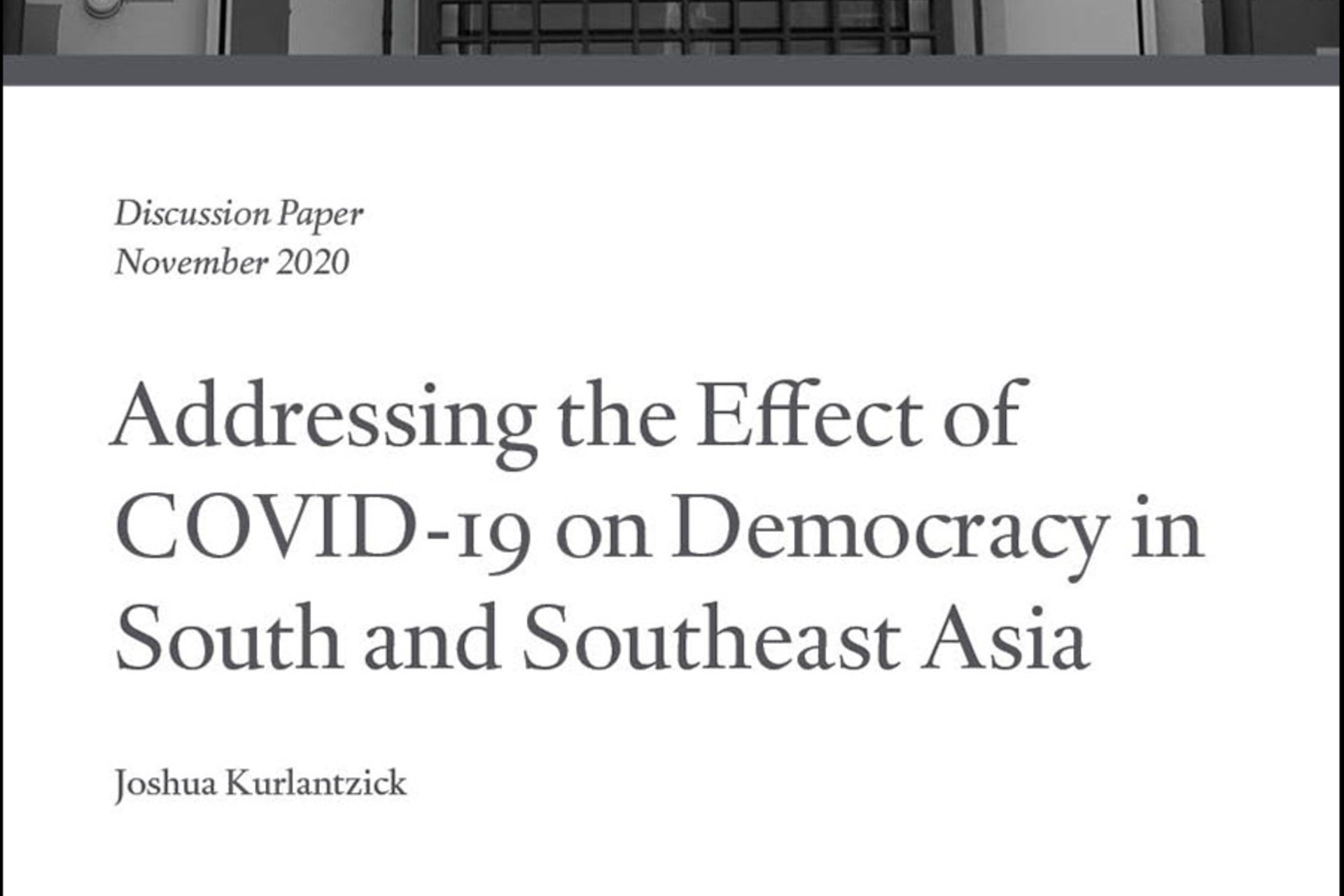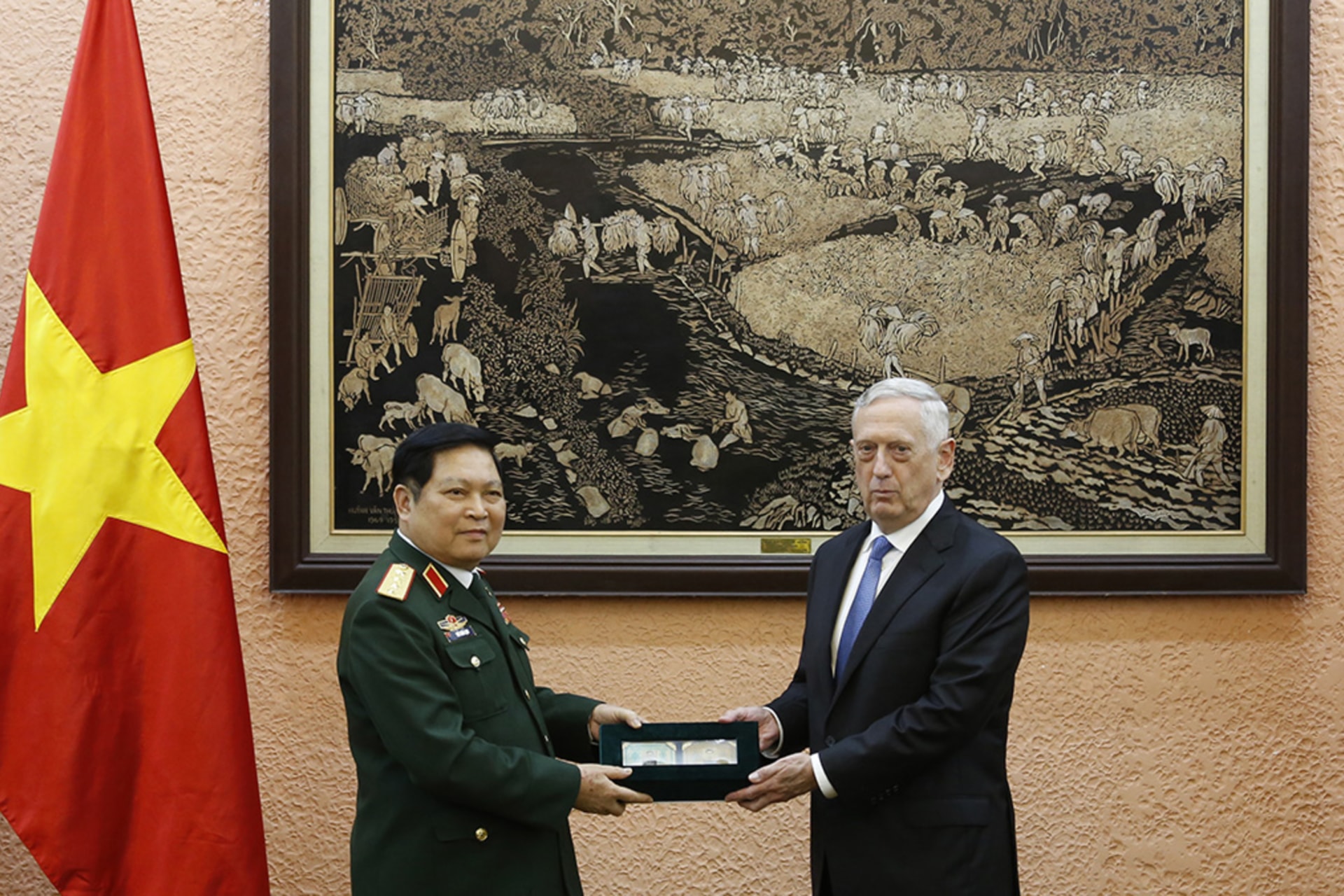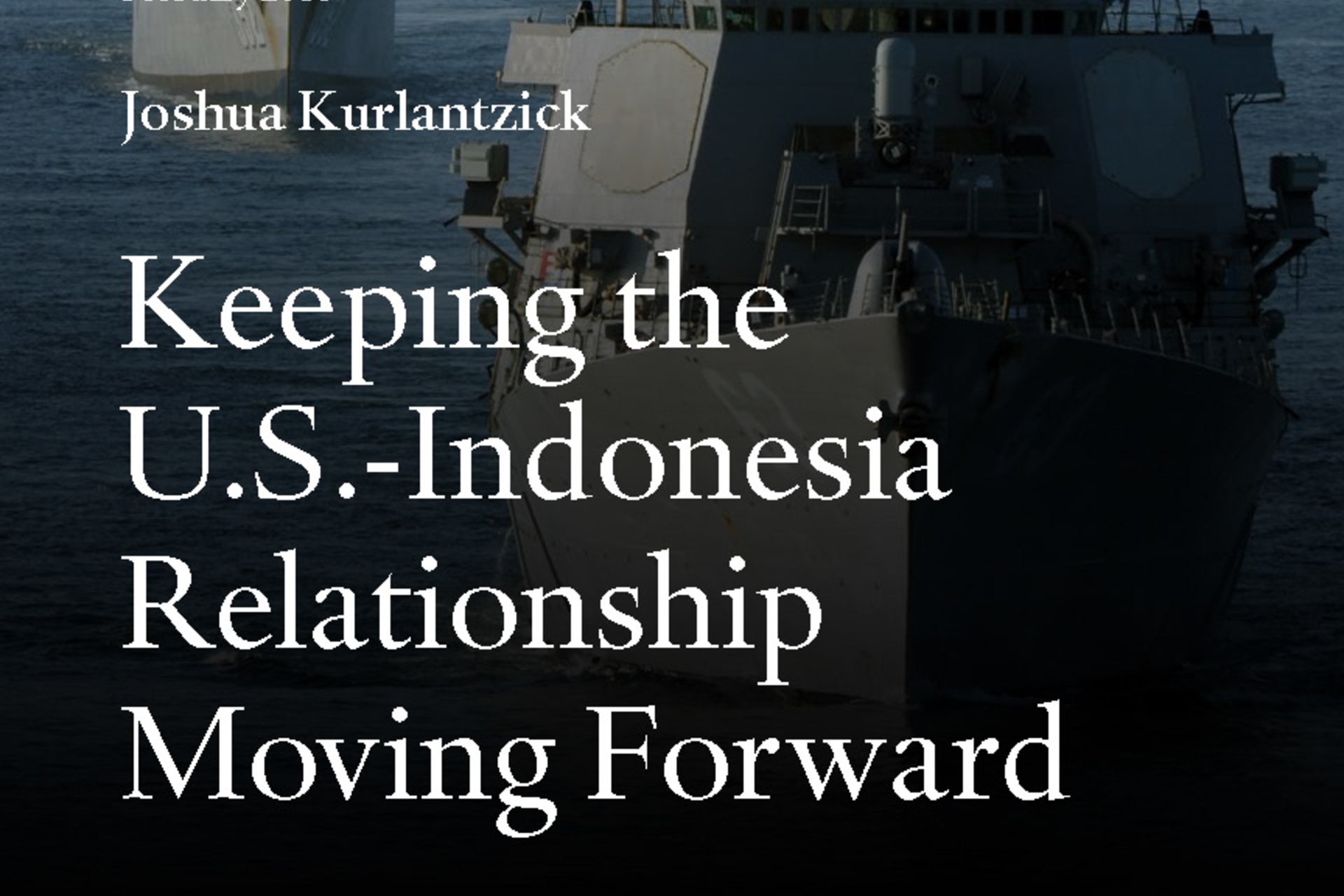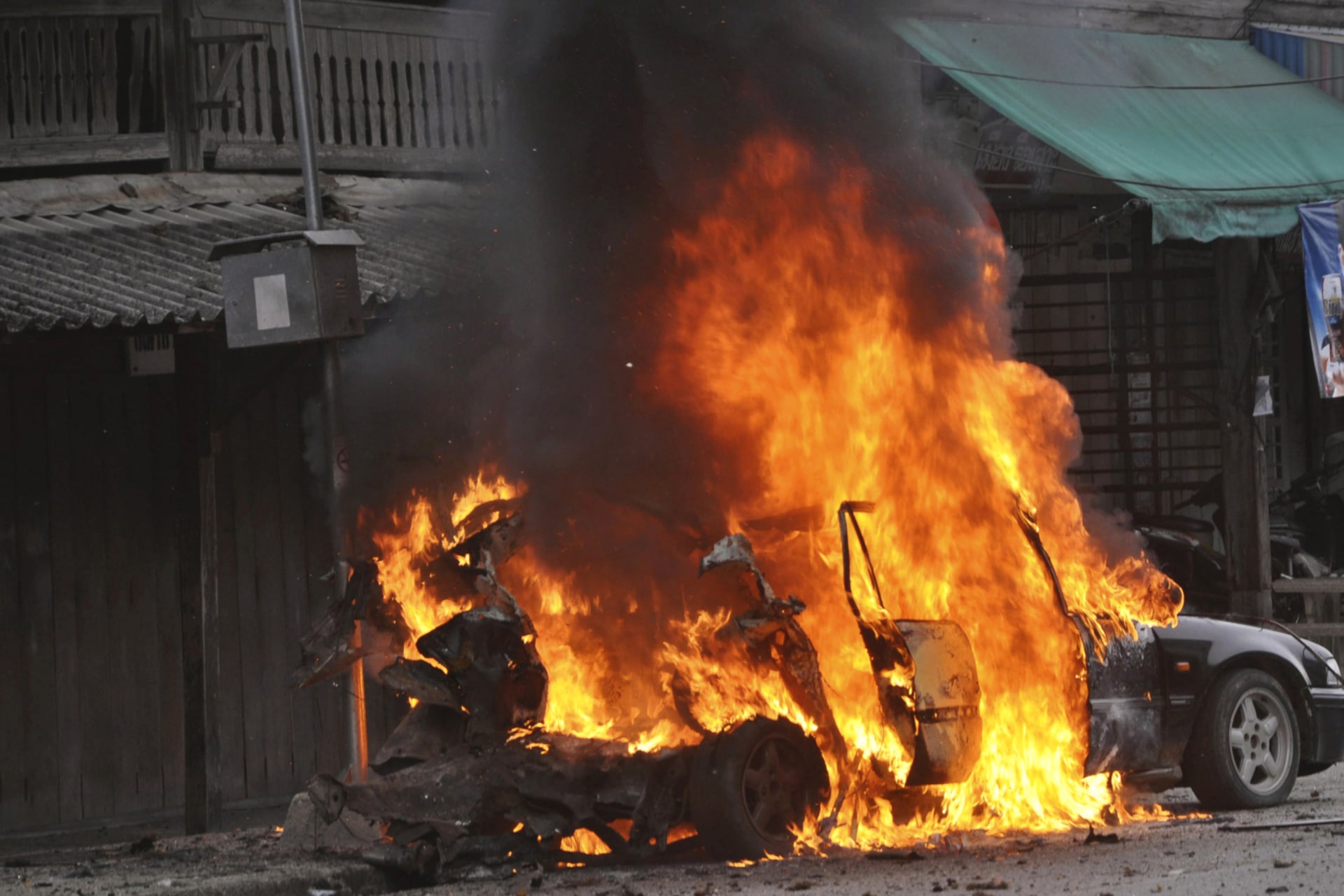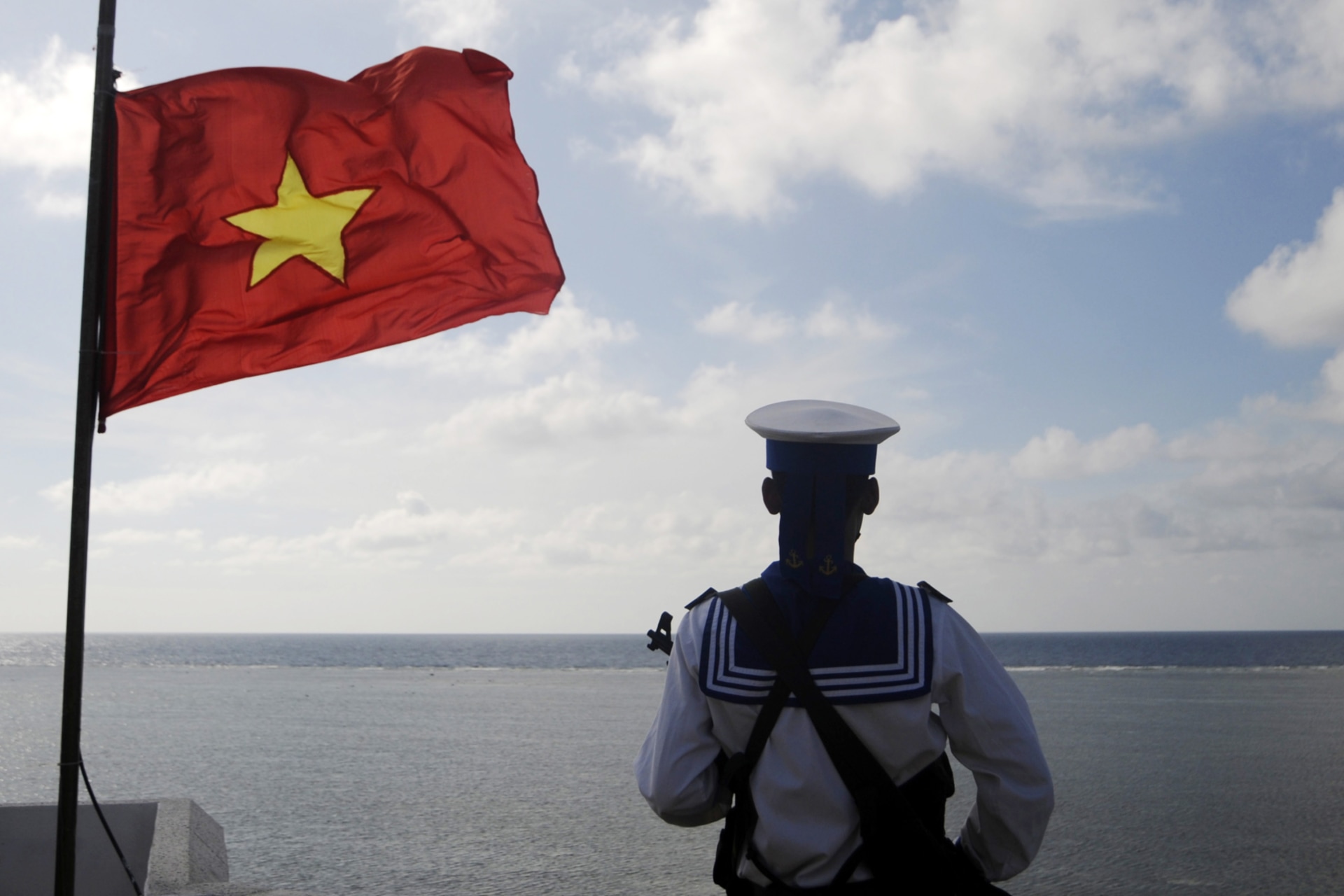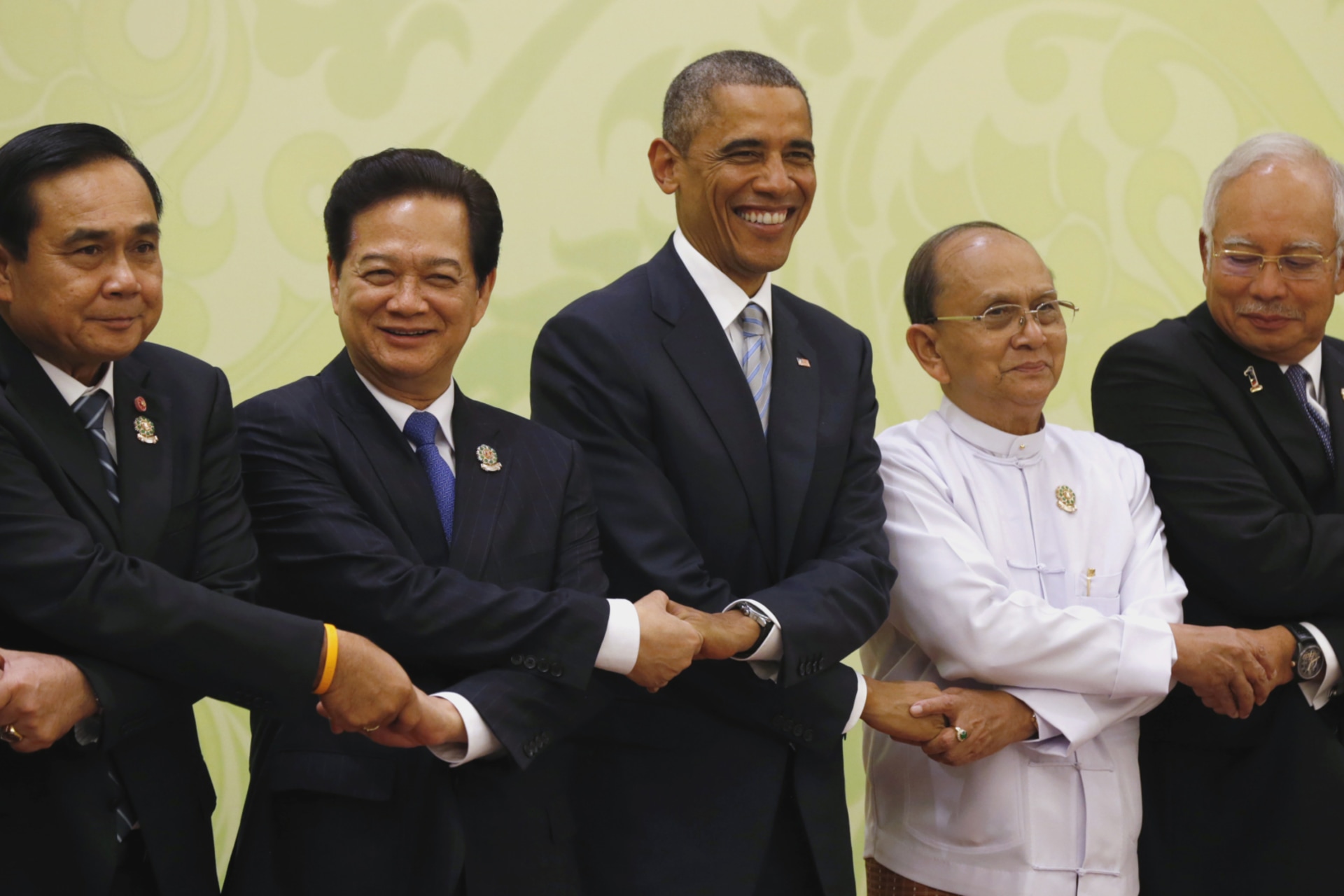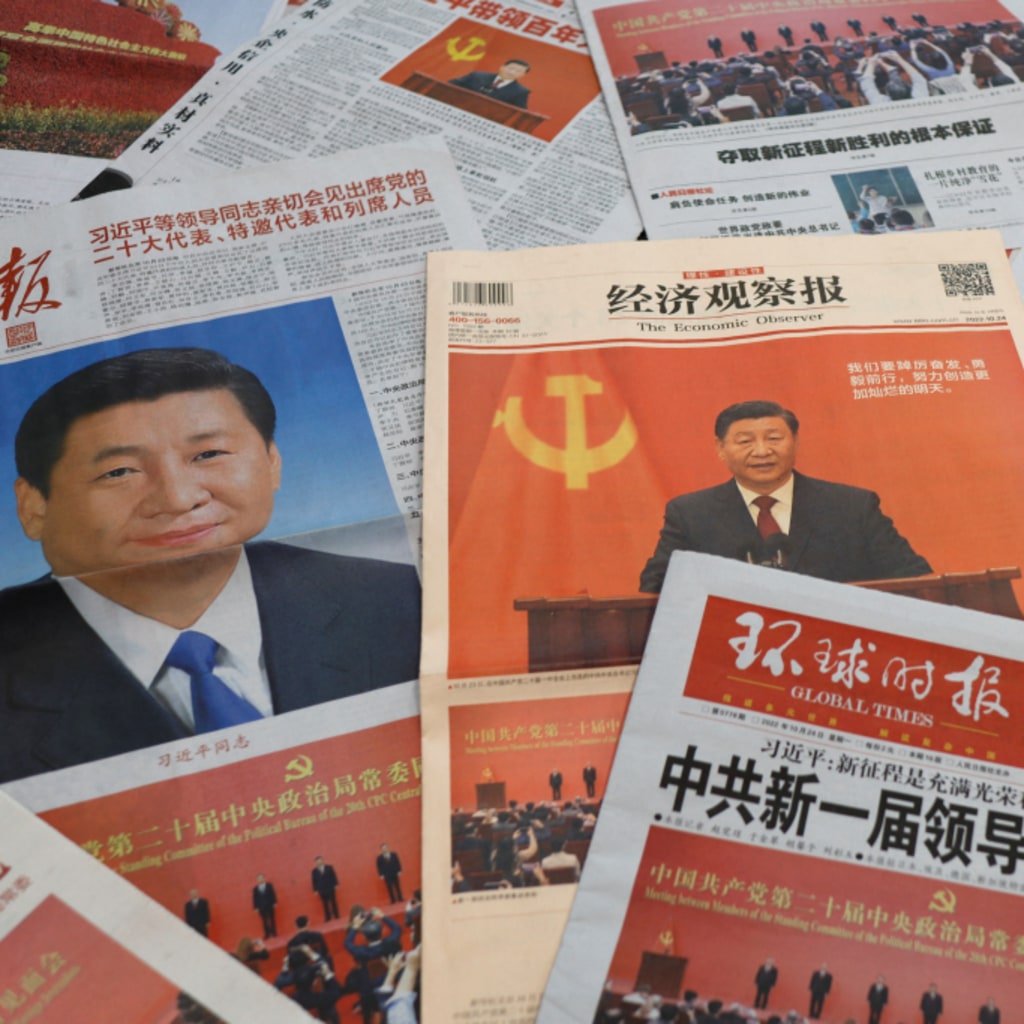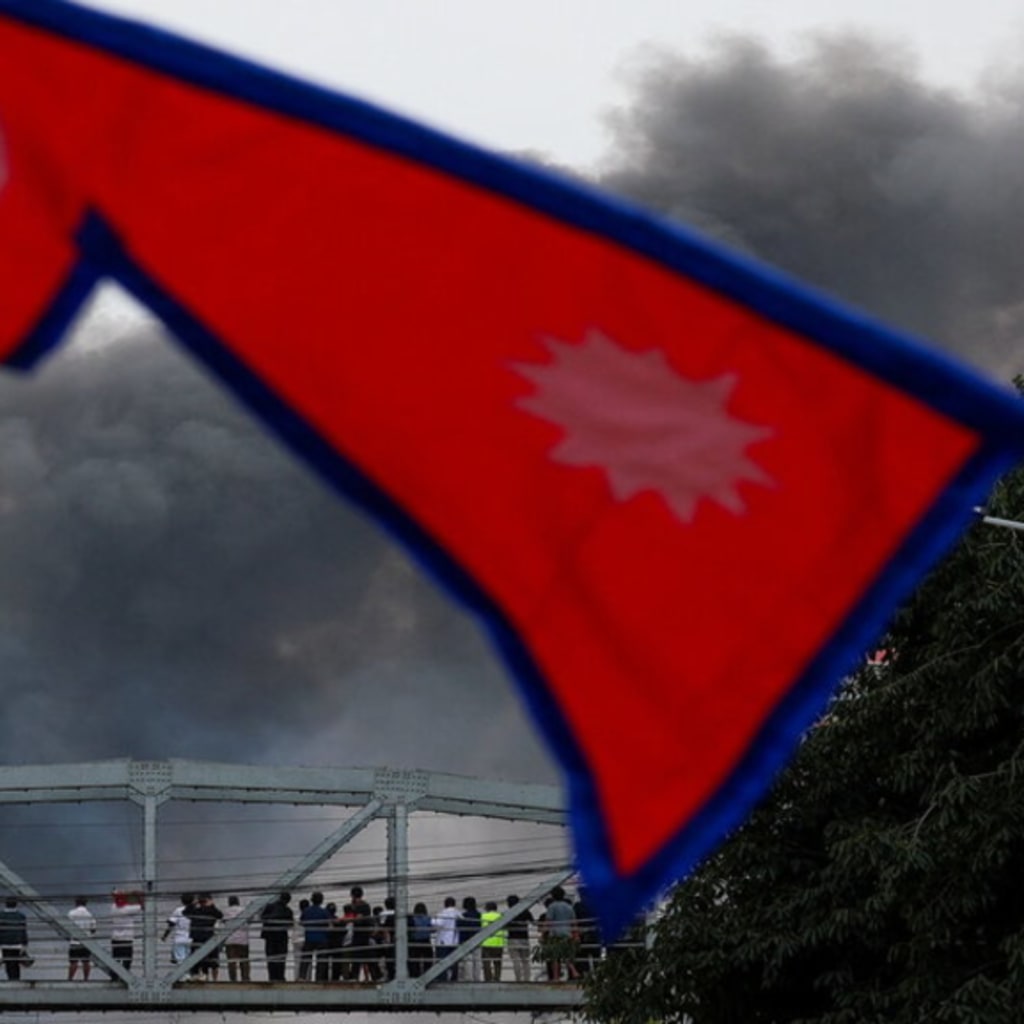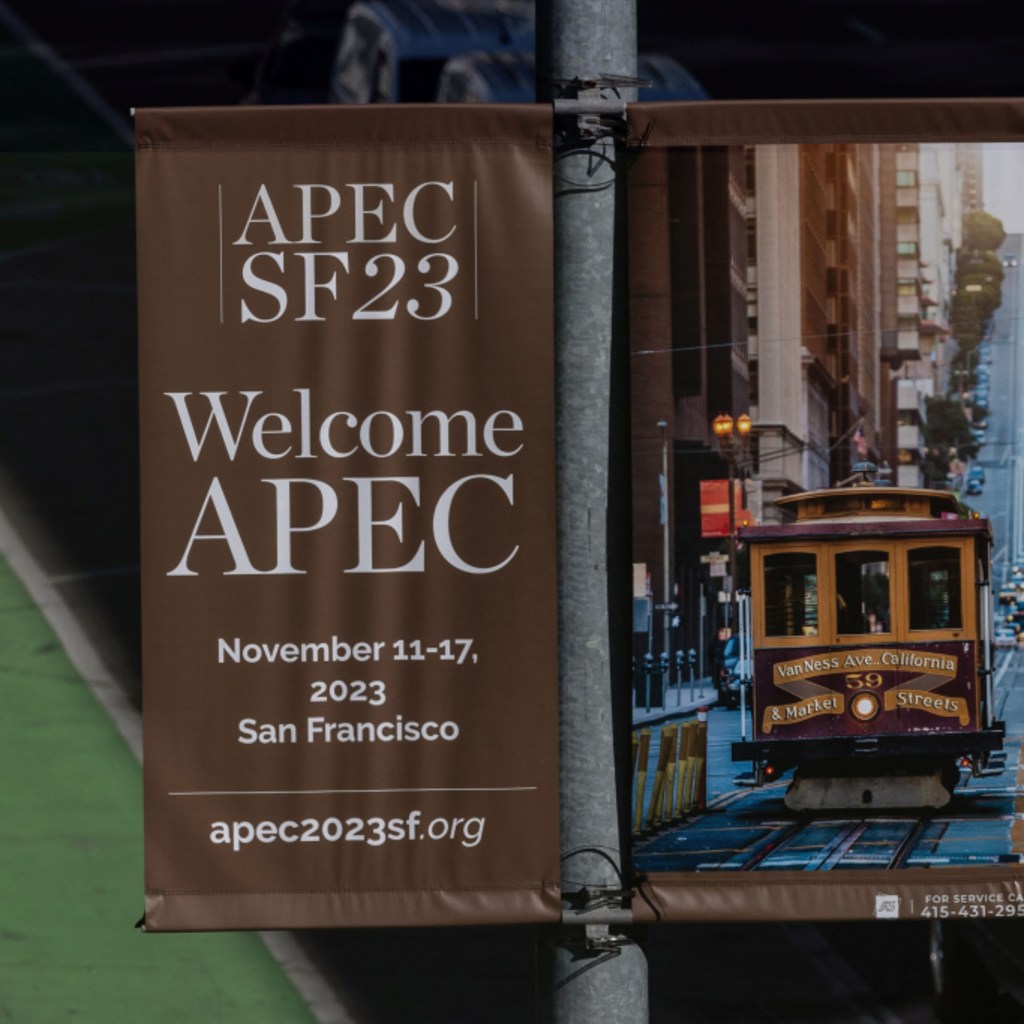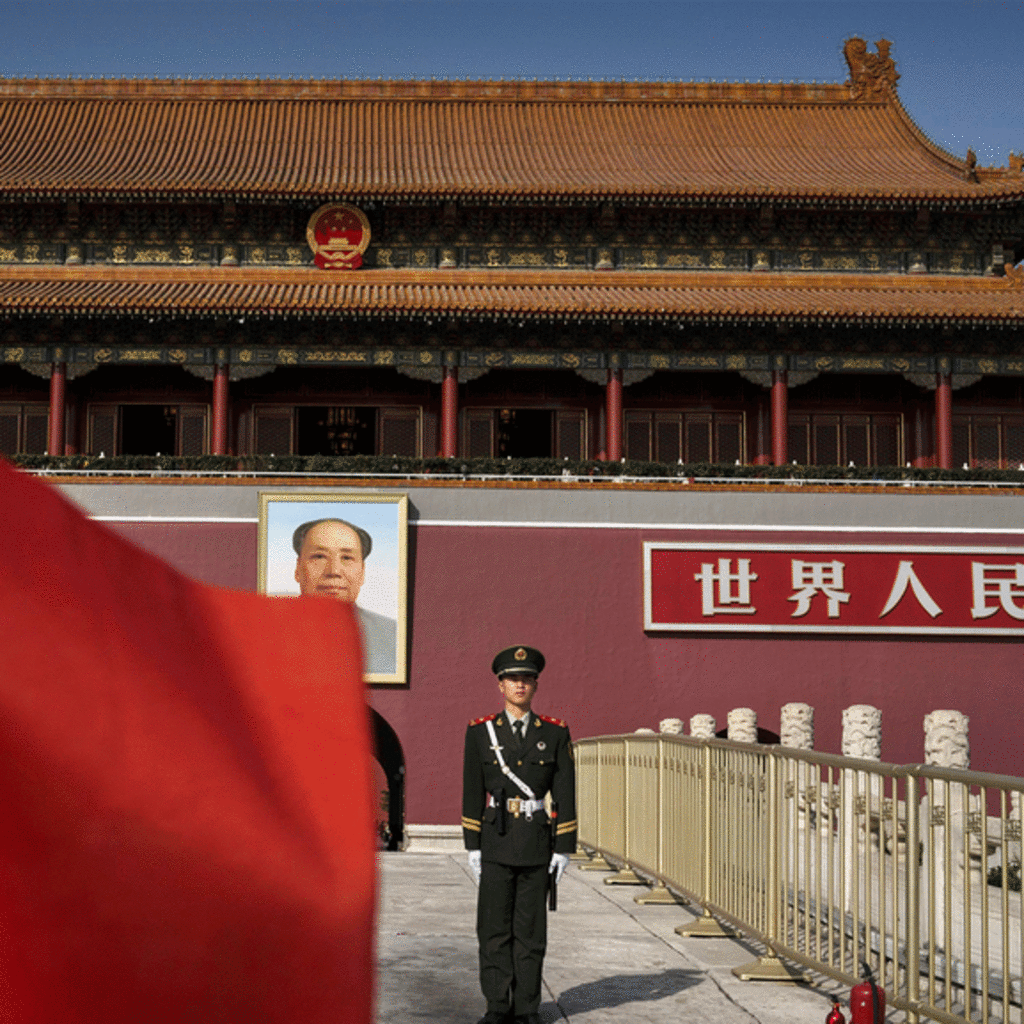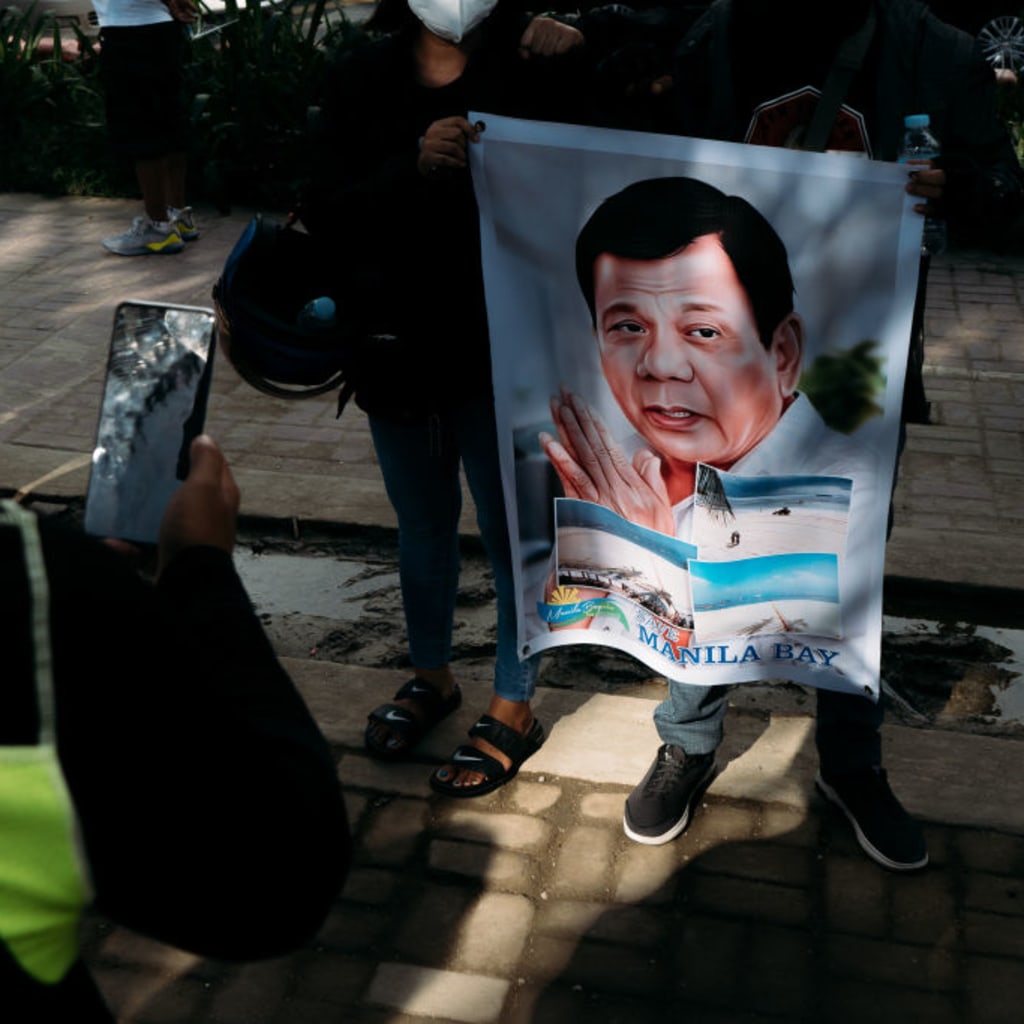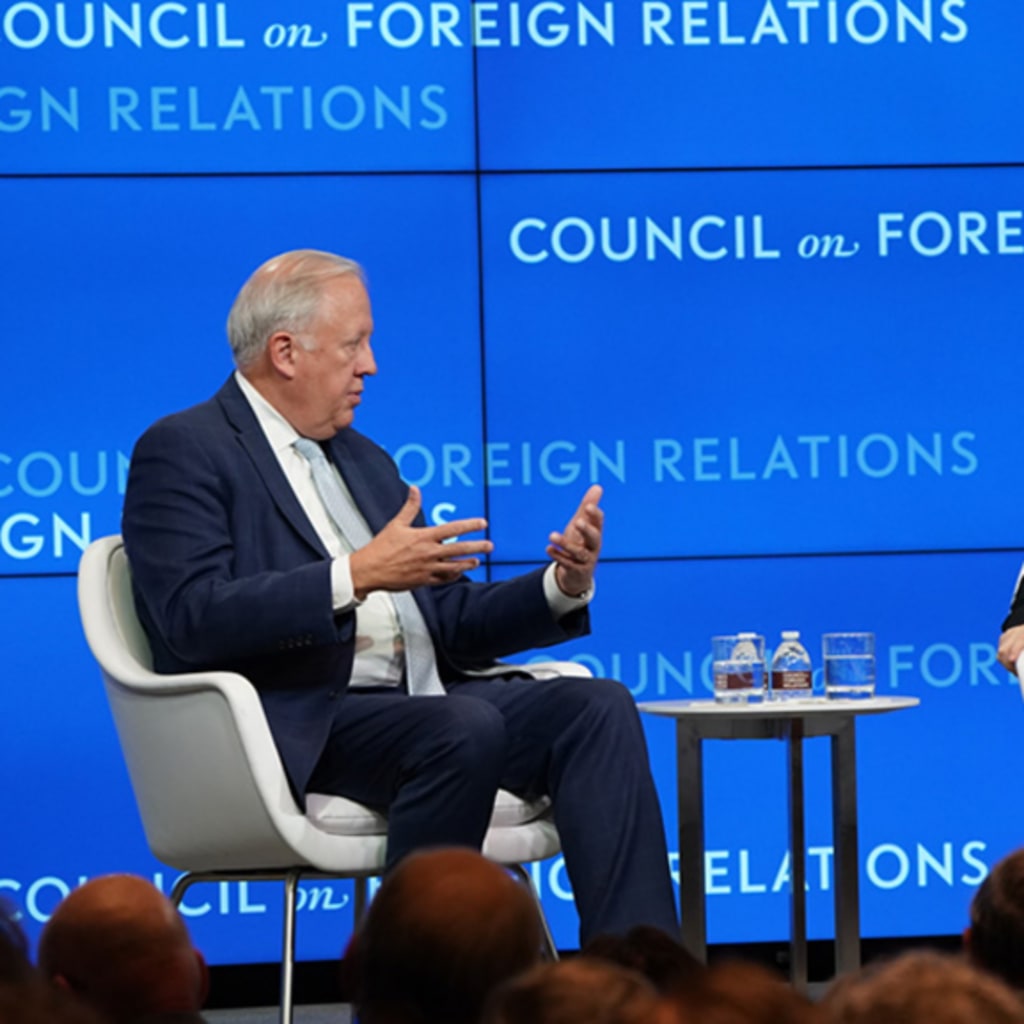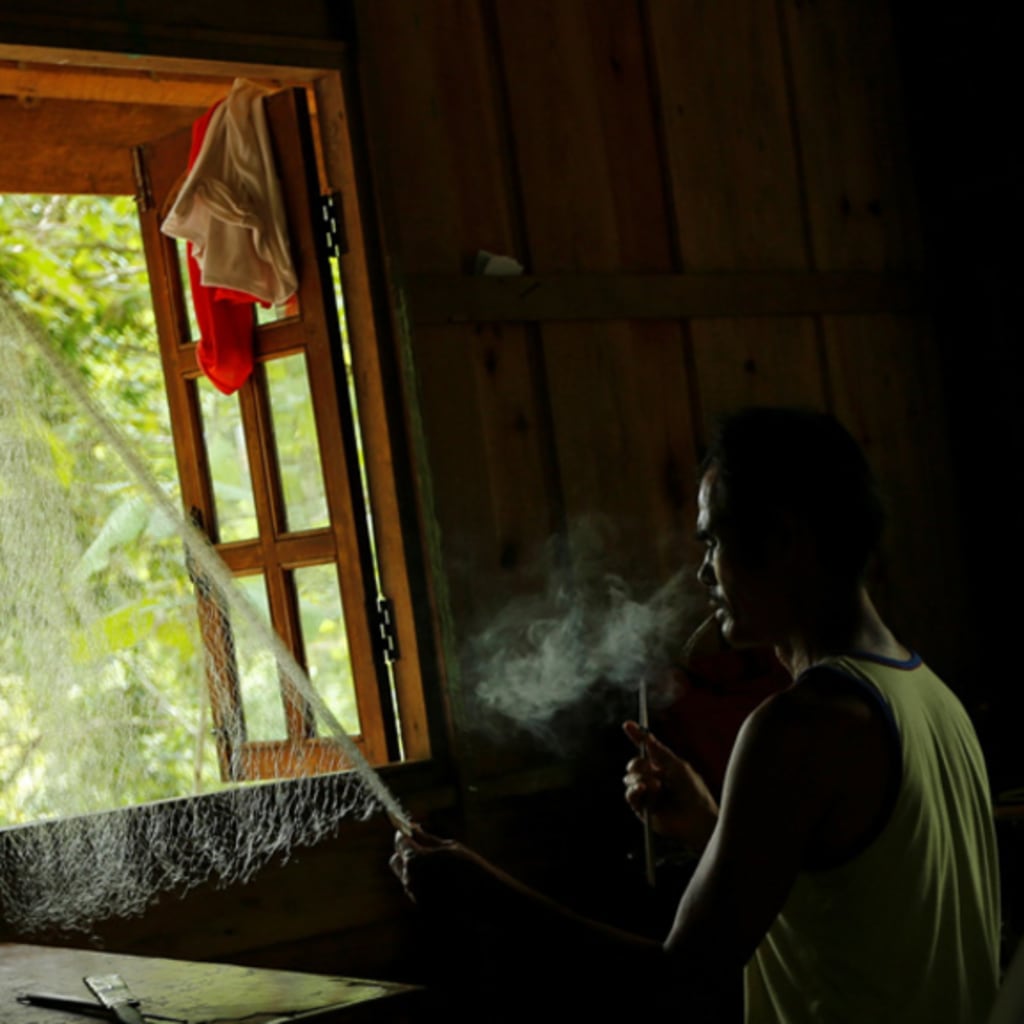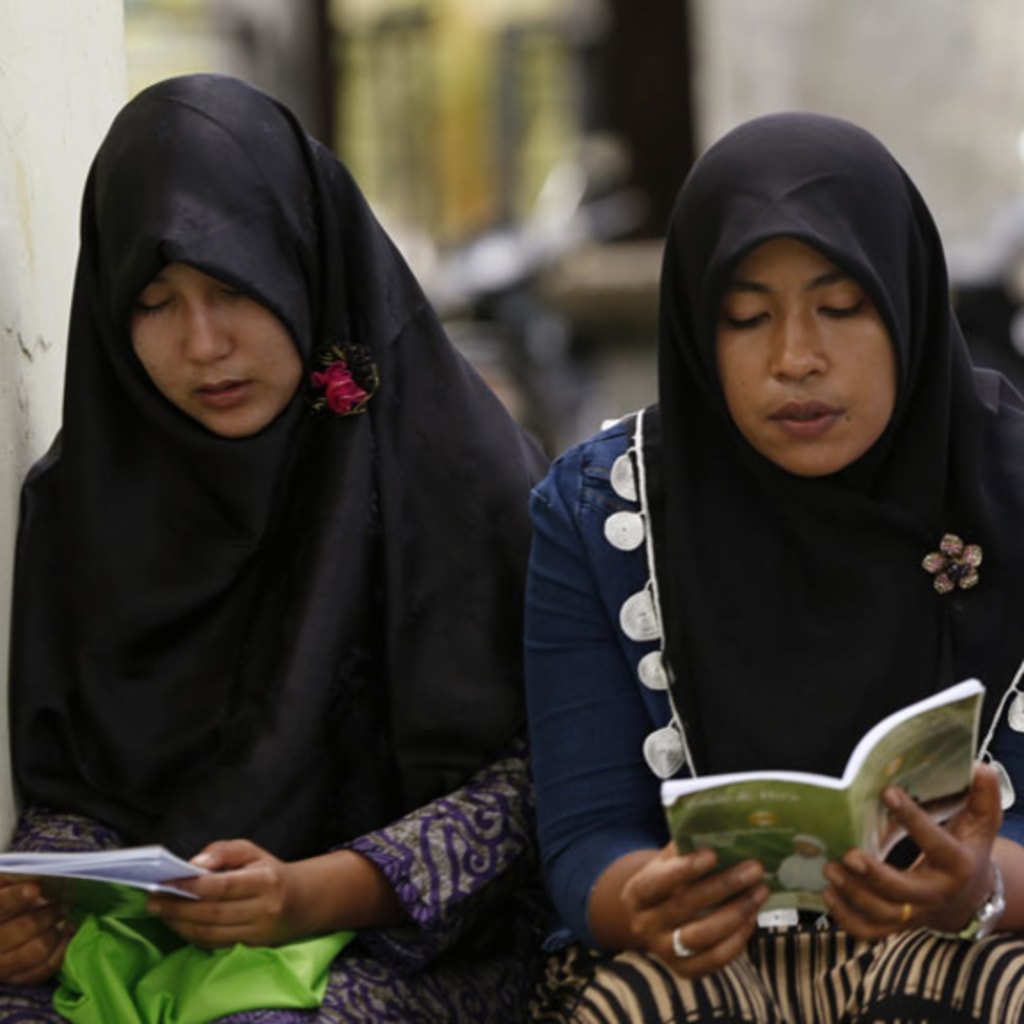
Joshua Kurlantzick is senior fellow for Southeast Asia and South Asia at the Council on Foreign Relations (CFR). He is the author, most recently, of Beijing’s Global Media Offensive: China’s Uneven Campaign To Influence Asia and the World and he is currently working on a new book, supported by the Sarah Scaife Foundation, about the growing global ties among illiberal states and their impacts on the world. He also is currently examining the militarization of politics in Asia and around the world, China’s relations with Southeast Asia and other developing regions, China’s influence and information efforts, U.S.-China relations, the rise of global populism and populism in Asia, global democratic regression, and South and Southeast Asian politics and economics on a day-to-day basis.
Kurlantzick was previously a visiting scholar at the Carnegie Endowment for International Peace, where he studied Southeast Asian politics and economics and China’s relations with Southeast Asia, including Chinese investment, aid, and diplomacy. Previously, he was a fellow at the University of Southern California Center on Public Diplomacy and a fellow at the Pacific Council on International Policy.
Kurlantzick has also served as a columnist for Time, a correspondent for The Economist based in Bangkok, a writer for the Bangkok Post and Agence France-Presse based in Bangkok, the foreign editor of the New Republic, and an economics writer for U.S. News and World Report. He also serves on the editorial board of Current History and currently writes monthly columns for World Politics Review and the Japan Times while also contributing regularly to CFR.org on a range of issues. He has written for hundreds of outlets including the Atlantic, Axios, BloombergBusinessweek, Boston Globe Ideas, Commentary, the Diplomat, the Financial Times, Foreign Affairs, Foreign Policy, Globe and Mail, GQ, Harper’s, the Los Angeles Times, the London Review of Books, the National Interest, the New Yorker, the New York Times, The New York Times Magazine, Rolling Stone, the Wall Street Journal, the Washington Monthly, the Washington Post, the Washington Times, and many others.
He is the winner of the Luce Scholarship for journalism in Asia and was selected as a finalist for the Osborn Elliott Prize for Excellence in Journalism in Asia. His first book, Charm Offensive: How China’s Soft Power Is Transforming the World, was nominated for CFR’s 2008 Arthur Ross Book Award. He is also the author of A Great Place to Have a War: America in Laos and the Birth of a Military CIA, State Capitalism: How the Return of Statism is Transforming the World, Democracy in Retreat: The Revolt of the Middle Class and the Worldwide Decline in Representative Government, and The Ideal Man: The Tragedy of Jim Thompson and the American Way of War. The Ideal Man is currently being made into a feature film.
Kurlantzick received his BA in political science from Haverford College and studied intensive Thai at the University of Oregon and in Bangkok, Thailand.
Affiliations
- Freedom House, contributor to Freedom in the World
- Japan Times, monthly contributor
- World Politics Review, monthly contributor
